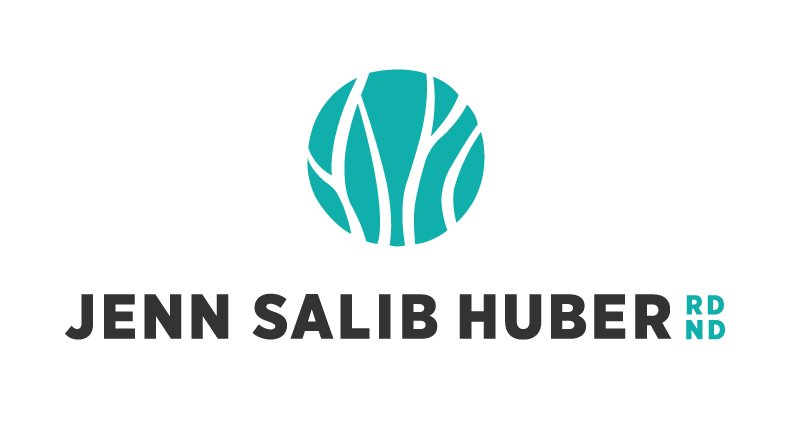Making sense of Nutrition - Finding Balance.
Confused about whether or not meat is good for you? Considering adopting a vegetarian diet? There is a lot of debate in the nutrition community about what type of "diet" is best, and as one of my favourite RD's puts it, I think we should put an end to "dietary tribalism".The short answer is that there is no "one size fits all" answer when it comes to diet. The only thing we can say with certainty is that the current SAD (Standard American Diet) isn't healthy for anyone as it's high in trans fats, fried food, simple carbohydrates and low in fruits and vegetables.Here's a sampling of things I hear on a regular basis:
"All red meat is bad""Soy should never be eaten""Grains are bad, seeds are good""Giving up gluten and dairy will make you healthier"
And here's how I would correct those statements to make them more accurate and less dogmatic:
"Choose grass-fed meat most often, as it's high in omega-3 fats whereas conventionally raised beef is high in omega-6 fats that can be pro-inflammatory""Organic soy foods are probably healthy in moderation, but processed GMO foods should be avoided""North Americans overconsume grains and carbohydrates in general, and seeds (like quinoa) offer more nutrient dense choices."Many people feel better on a gluten-free and/or dairy-free diet, but it's not a blanket statement"
The reality is that we are all individuals with unique genetic backgrounds. We all look different on the outside, so we can probably say the same about our insides. Who you are, where you've come from and how you choose to live your life will influence your nutritional needs. That's why individualized nutritional counseling and care will always triumph over the "one size fits all" approach.
